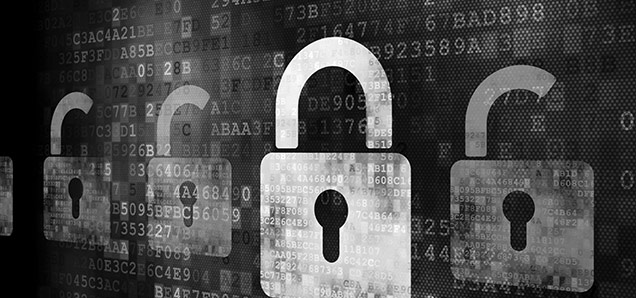Internet privacy, online security and a spy palace
 CREDIT: MAXKABAKOV/THINKSTOCK
CREDIT: MAXKABAKOV/THINKSTOCKThe Conservative government's Bill C-13 is supposed to protect Canadians. Will it change what we can or cannot do on the Internet?
The Internet is a unique entity for so many reasons. It’s the place you can go to lend an informed opinion or, alternatively, spew hateful nonsense at strangers. The promise of anonymity can turn even the most rational people into sociopaths. For over a decade, the Internet has remained a place for the free exchange of ideas with only the occasional threat of some form of privatization every few years. From downloading music to streaming TV shows, the Internet feels like a place where the rules just don’t apply – but that could be about to change.
The Conservative Government is introducing a bill called the Protecting Canadians from Online Crime Act, or Bill C-13, which is supposed to secure the safety of Canadian’s information when browsing the Internet. The bill’s name highlights the overall intention of the document, but it fails to convey the broader scope of the proposed legislation.
In 2012 the Conservative government introduced its first version of the bill, which was thrown out after public backlash due to measures that would allow police to track online activity without a warrant.
Bill C-13 is an overdue response to the evolving media and communication landscape. The Internet introduced a plethora of unforeseen opportunities for exploitation, blackmail and deviance that has yet to be addressed by any legislation. The only problem is that Canadians don’t want it. A poll by Forum Research published in the Toronto Star found that 75 per cent of Canadians didn’t support the bill and 69 per cent didn’t want service providers to voluntarily provide information to police.
The troubling portion of the bill is that it would allow police to access the meta-data that Internet service providers collect from their customers. In a perfect world, there would be no cause for concern. As the old adage goes, as long as you aren’t doing anything wrong you have nothing to be afraid of, right?
When the story of Edward Snowden and the NSA spying came out, the scandals were soon to follow. Several NSA employees had been using their clearance to access personal information about former romantic partners. When you couple human error with the newly completed $1.2 billion spy castle that the Communications Security Establishment of Canada just built, one could start to worry about how much information the government can legally access.
Although Bill C-13 won’t allow police unlimited access to private information, it protects service providers from legal action as a result of their co-operation with an investigation. The key is to find a balance, which allows police to gather enough information to apprehend wrong doers without unnecessarily exposing the private information of others.
Law enforcement will always push for more concessions and more oversight, demonizing anyone who dares to question them. The last time Internet privacy was being debated, Conservative Minister Vic Toews stood up and declared either you’re with the government or you’re “with the child pornographers.” Every Canadian should support a structure for ensuring online safety, but when the proponents so vigorously polarize the debate, it’s impossible to have an informed discussion.
Editorial opinions or comments expressed in this online edition of Interrobang newspaper reflect the views of the writer and are not those of the Interrobang or the Fanshawe Student Union. The Interrobang is published weekly by the Fanshawe Student Union at 1001 Fanshawe College Blvd., P.O. Box 7005, London, Ontario, N5Y 5R6 and distributed through the Fanshawe College community. Letters to the editor are welcome. All letters are subject to editing and should be emailed. All letters must be accompanied by contact information. Letters can also be submitted online by clicking here.













